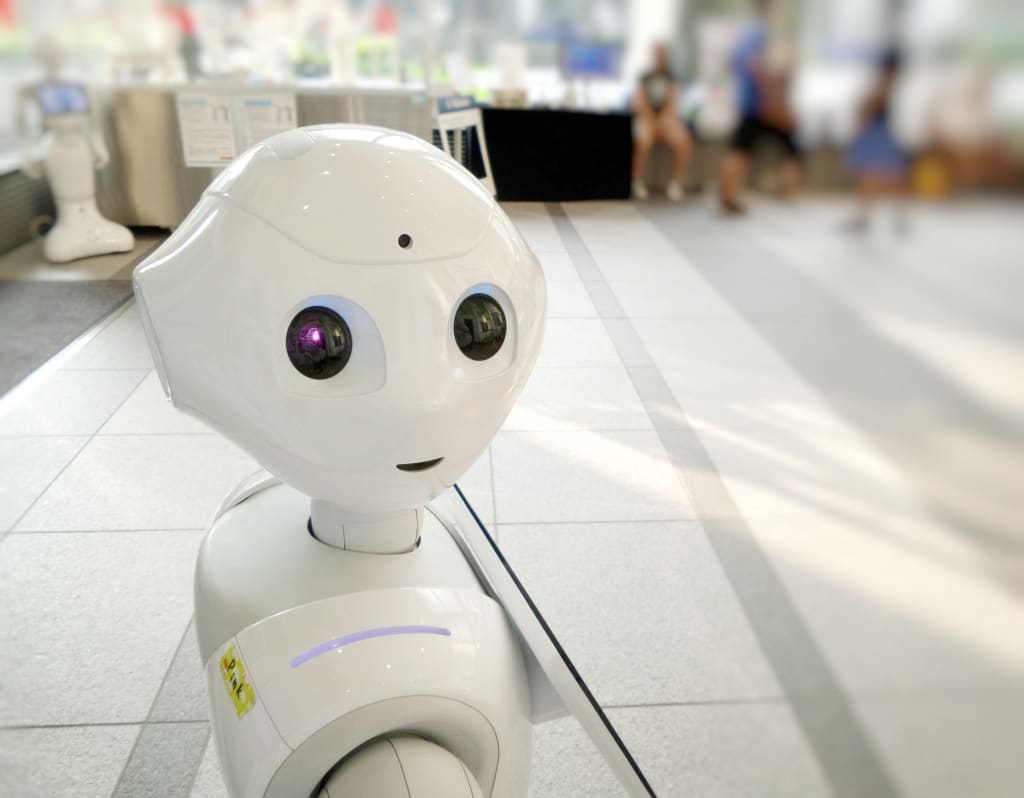Popular assessment on AI. Most Americans want slow down.
Slow down with AI

Sigal Samuel is a senior journalist for Vox's Future Great and co-host Representing things to come Wonderful web recording. She expounds principally on the fate of awareness, following advances in man-made brainpower and neuroscience and their amazing moral ramifications. Prior to joining Vox, Sigal was the religion manager at the Atlantic.
Tracking down the most ideal ways to accomplish something beneficial.
Five months prior, when I distributed a major piece spreading out the case for dialing back man-made intelligence, it wasn't precisely standard to say that we ought to slow down this innovation. Inside the tech business, it was basically no.
OpenAI President Sam Altman has contended that Americans would be silly to dial back OpenAI's advancement. "In the event that you are an individual of a liberal-majority rule country, it is better for you to support the progress of OpenAI" as opposed to "dictator legislatures," he told the Atlantic. Microsoft's Brad Smith has moreover contended that we can't bear to dial back in case China race ahead on computer based intelligence.
In any case, it turns out the American public disagrees with them. An incredible 72 percent of American citizens need to dial back the improvement of man-made intelligence, contrasted with only 8% who favor accelerating, as indicated by new surveying from the research organization man-made intelligence Strategy Foundation.
The survey, directed by information examination firm YouGov, reviewed 1,001 Americans from across the age, orientation, and political range: 42% of respondents partnered themselves with Donald Trump and 47 percent with Joe Biden. The racial breakdown was a piece less delegate: 73% of respondents distinguished as white, 12% as Dark, and 7 percent as Hispanic. Most respondents didn't have a higher education.
Jack Clark, the Chief of artificial intelligence wellbeing and think-tank Human-centered, observed the overview in his famous bulletin. "These outcomes are intriguing on the grounds that they seem to show a difference between tip top assessment and prominent sentiment," he composed. In particular, "this review shows that typical individuals are substantially more mindful in their standpoint about the innovation and bound to embrace or favor a preparatory standard while fostering the tech."
Americans are obviously voicing their desire for simulated intelligence — dial back! — and policymakers genuinely should realize that this is what their constituents need. That could encourage them to take on seriously required arrangements that advance more wariness on man-made intelligence. All things considered, this tech can possibly cause serious damage, such as spreading disinformation that could influence races. Washington's responsibility is to safeguard the interests of American citizens, not those of Huge Tech executives who try to employ gigantic power regardless of never having been fairly chosen.
Advancing toward "zero trust" Computer based intelligence administration
Here is one more striking finding from the artificial intelligence Strategy Foundation's surveying: 82% of American electors have little to no faith in artificial intelligence organizations to self-control.
To Sarah Myers West, overseeing chief for the exploration community artificial intelligence Currently Organization, this public doubt is both suitable and obvious. "I think individuals have gained from the previous ten years of tech-empowered emergencies," she told me. "It's very clear when you take a gander at the proof that self-administrative methodologies don't work."
Online entertainment is a great representation. For quite a long time, organizations like Meta have said they're anxious to be controlled, yet practically speaking they've kept on sustaining serious damages since they decline to genuinely change their plan of action. There's an explanation Imprint Zuckerberg continues to get hauled before Congress.
OpenAI has additionally said it needs guideline. In any case, in the background, it has campaigned the European Association to dilute artificial intelligence guideline.
"Take a gander at the incredibly, sensitive stating that OpenAI utilizes when they settle on their decisions for guideline," West said. "There's dependably a qualifier — like saying, 'We need guideline for counterfeit general knowledge, or for models that surpass a specific limit' — subsequently barring all that they as of now have out in business use." Tech organizations realize guideline is presumably unavoidable, so they support specific moves that seize bolder change.





Comments
There are no comments for this story
Be the first to respond and start the conversation.